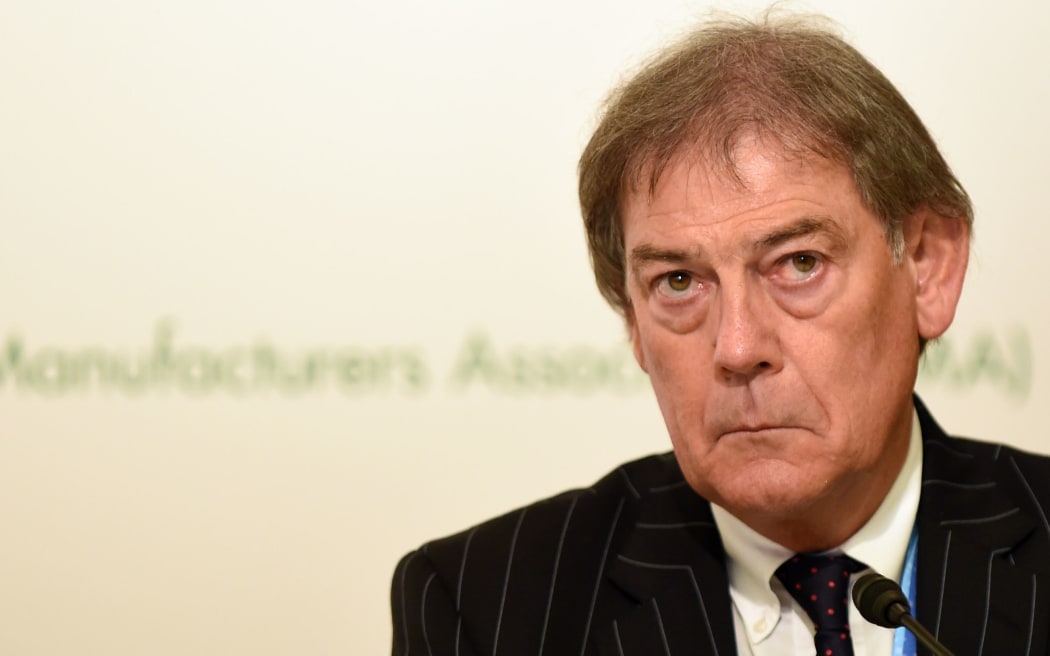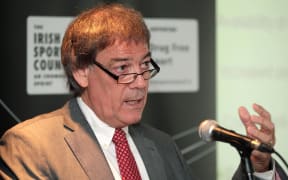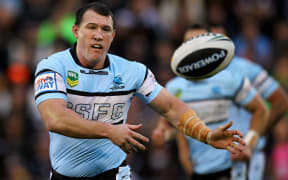The New Zealander whose job it is to catch the drug cheaters in sport says more than 10 percent of elite athletes could be cheating.
And David Howman - the Director General of the World Anti-Doping Agency - says the number of children doping to reach the elite is his "biggest concern".

Director-General of the World Anti-Doping Agency, David Howman. Photo: AFP
Howman says sport's increasing profitability has led to young athletes becoming more "vulnerable", especially as they are usually "under the radar" of doping agencies.
"The area of most concern for us is the level of young athletes who have not broken through into the elite who are trying to get that breakthrough and are susceptible to taking drugs because that's a shortcut," Howman said.
"Not only are they susceptible to taking drugs, they are being encouraged to do so by any one of a number of people that surround them - coaches, trainers, even parents - because it's a way to make a lot of money."
Howman, who will step down in 2016 after 12 years at WADA, says he's worried that it is hamstrung by a lack of resources.
Howman says that when he started at WADA 12 years ago, Wayne Rooney was being paid $4 million a year by Manchester United, while WADA was getting $20 million.
Now both the footballer and the anti-doping agency are each receiving about $30 million, and Howman says the slow lift in WADA funding shows sports are skimping on catching drug cheats.
Howman said research suggests that despite improvements in some sports, namely cycling, doping is still too prevalent.
"I have great respect for the way in which the UCI (world cycling's governing body) are now running their anti-doping programme," he said. "We have some guestimates based on some research undertaken over the last years.
"It's far more than we would wish it to be - over 10 percent. That is of concern because those being caught by the system is far lower than that.
"Not in all sports, in some sports."
Howman said several top athletes were being investigated.
"Not to the same level as the information we had on Lance Armstrong but certainly we have information that is being investigated about a number of athletes around the world," he said.
Howman says doping may be made a criminal offence within five years, but so far there is only limited testing in non-elite events.



